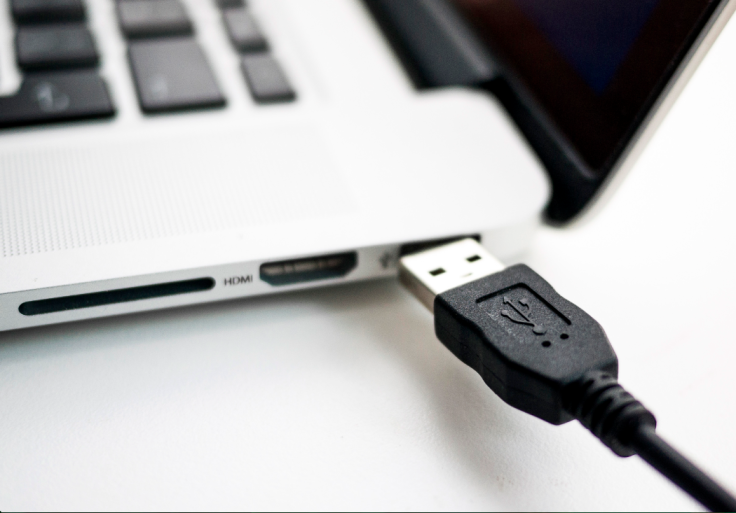Londoners Exchange First-Born Children For Free Wi-Fi

Some London residents learned they should read the fine print after they unknowingly agreed to give away their eldest child when signing into public Wi-Fi, the Guardian reported Monday. It was all part of an experiment organized by the Cyber Security Research Institute to explore the dangers of public Wi-Fi.
A group of researchers set up a Wi-Fi hot spot in June. Included in the conditions was “a Herod clause,” which would promise free Wi-Fi if “the recipient agreed to assign their first born child to us for the duration of eternity.” The wording was apparently inspired by an April Fool's prank carried out by Gamestation in 2010, the Mirror wrote.
Six people agreed to the terms and connected to the free service. No worries for the people who signed up, though. F-Secure, a security firm that sponsored the experiment, said they would not enforce the clause. (It would be illegal for them to do so, in any case.)
“We have yet to enforce our rights under the terms and conditions but, as this is an experiment, we will be returning the children to their parents,” the Finnish company said in its report, according to the Guardian.
“Our legal adviser Mark Deem points out that -- while terms and conditions are legally binding -- it is contrary to public policy to sell children in return for free services, so the clause would not be enforceable in a court of law.”
Europol's [the European Police Office] assistant director Troels Oerting told the Mirror criminals can use unsecure Wi-Fi networks to access personal information like passwords and usernames for some email accounts.
"We have found that the security on many Wi-Fi hotspots is rather low. So because they are not set up in the proper way, the criminals don't even need to set up their own service. They can simply look into the service that is providing the Wi-Fi to get what they want," Oerting told the news site.
The research demonstrated the public's lack of awareness of the serious security issues that go with public Wi-Fi use -- and that they don't read terms and conditions.
To stay safe, F-Secure’s security adviser Sean Sullivan told the Guardian people should turn off Wi-Fi when in public or in an untrusted spot.
“People are thinking of Wi-Fi as a place as opposed to an activity,” he said. “You don’t do unprotected Wi-Fi at home, why are you doing it in public?”
Also, users can run a Virtual Private Networking software product, which would scramble the data being sent through their devices, Sullivan added.
Follow me on Twitter @mariamzzarella
© Copyright IBTimes 2024. All rights reserved.






















